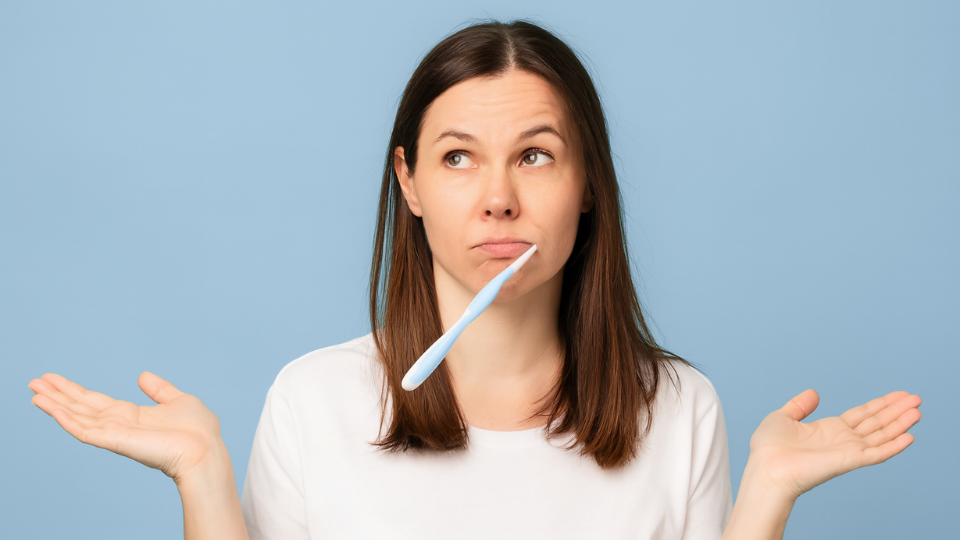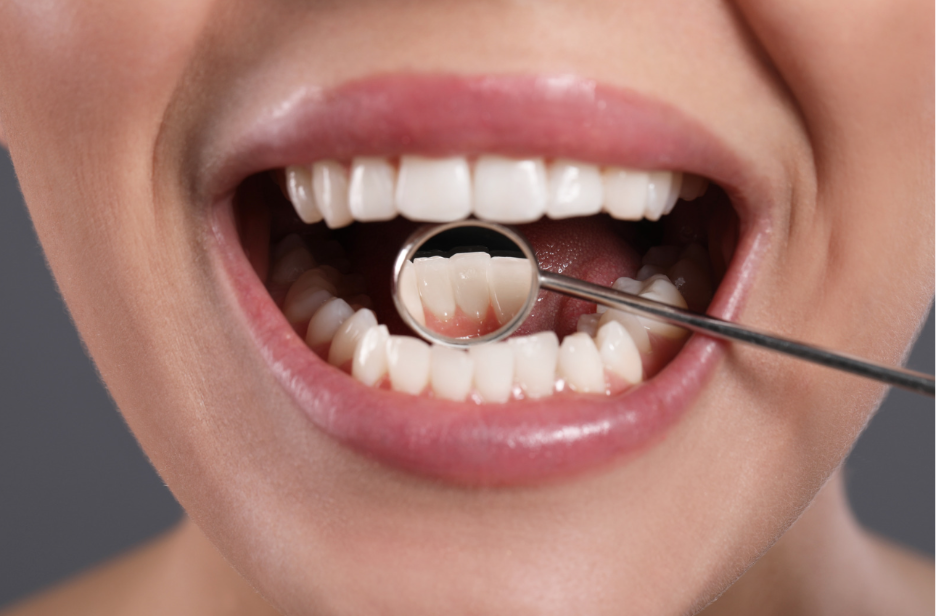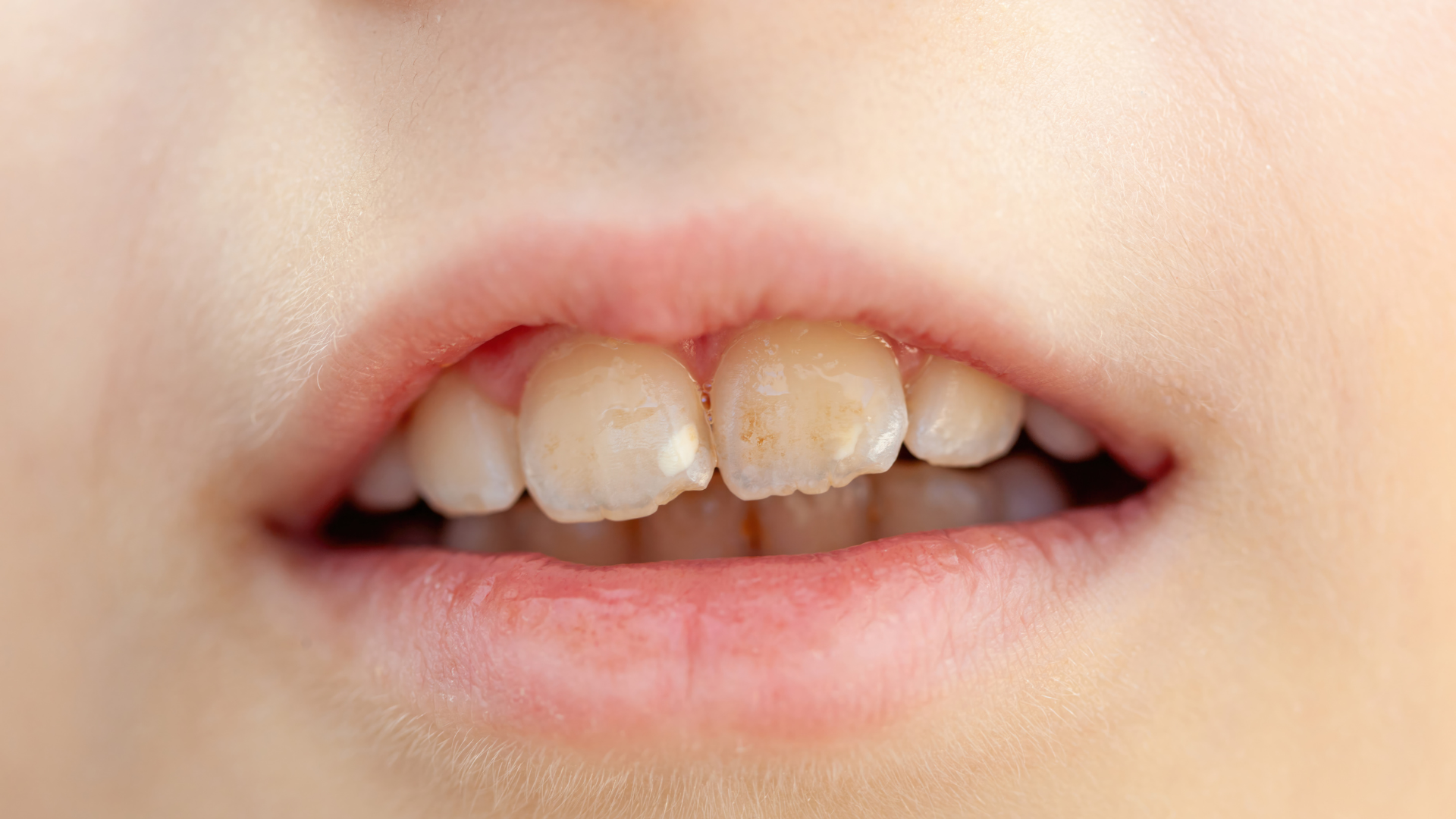What Happens If You Don’t Brush Your Teeth? Risks, Effects, and How to Protect Your Smile

Brushing your teeth is one of the most basic and powerful ways to care for your oral health. Yet many people skip it now and then, assuming it’s harmless. So, what happens if I don’t brush my teeth for a day? Or a week? Or longer?
The truth is that even occasional neglect can lead to serious consequences. And when brushing becomes inconsistent over time, your smile, gums, and even your overall health can pay the price.
In this guide, we’ll explain exactly what happens when you don’t brush your teeth, the timeline of damage, the long-term risks, and how you can restore and protect your smile, starting today.
What Happens to Your Teeth When You Don’t Brush?
When you skip brushing, plaque, a soft, sticky film of bacteria builds up on your teeth. Left undisturbed, plaque hardens into tartar, which can only be removed by a dental professional. Over time, this leads to:
- Enamel erosion
- Cavities
- Gum inflammation
- Bad breath
- Tooth sensitivity
- Long-term oral disease
In other words, skipping brushing doesn’t just result in temporary bad breath, it creates an environment where harmful bacteria thrive.
No Brushing Teeth: A Timeline of Damage
Understanding how quickly things progress can be a wake-up call:
After 24–48 Hours:
- Plaque forms on the teeth
- Bacteria begin attacking enamel
- Gums may feel slightly irritated
After One Week of Teeth Not Brushing:
- Plaque starts to calcify into tartar
- Gums may swell or bleed
- Bad breath becomes more noticeable
After Several Weeks:
- Gingivitis (early gum disease) develops
- Risk of cavities increases significantly
- Teeth may become sensitive to hot or cold
After Months of No Brushing Teeth:
- Gingivitis can progress to periodontitis
- Bone loss around the teeth begins
- Teeth may loosen or shift
- Tooth loss becomes more likely
These stages can accelerate based on diet, genetics, and preexisting health conditions.
What Are the Risks of Not Brushing Teeth?
Let’s explore the long-term effects of skipping this critical habit.
1. Tooth Decay
Without brushing, food particles and sugar feed bacteria that produce acid, which erodes enamel. This leads to cavities and, if untreated, deeper decay requiring root canals or extractions.
2. Gum Disease
Gum inflammation from plaque buildup can develop into periodontitis, a serious infection that damages the tissue and bone supporting your teeth. Gum disease is the leading cause of tooth loss in adults.
3. Persistent Bad Breath
Known as halitosis, this results from the breakdown of food particles and bacteria buildup, especially when brushing is skipped for multiple days.
4. Tooth Discoloration
Without regular cleaning, stains from coffee, wine, tobacco, and even everyday food can cause yellowing and visible plaque at the gum line.
5. Systemic Health Problems
Emerging research links poor oral hygiene to heart disease, diabetes, respiratory infections, and even complications in pregnancy. Your mouth is connected to your whole body.
6. Costly Dental Treatments
Neglecting basic care can turn a simple preventive visit into a need for fillings, deep cleanings, crowns, or implants.
If you’re noticing sensitivity, inflammation, or discomfort, don’t wait, these are early signs your smile needs attention.

Rebuilding Good Habits After Skipping
Falling out of your routine happens. The good news? It’s never too late to restart. Here’s how to restore and protect your oral health:
1. Brush Twice a Day
Use a soft-bristled toothbrush and fluoride toothpaste. Brush for at least two minutes each time, especially before bed.
2. Floss Daily
Floss removes plaque between teeth and under the gum line, where your toothbrush can’t reach.
3. Use Mouthwash
Antibacterial mouth rinses can reduce plaque and help manage early gum issues.
4. Stay Hydrated
Saliva plays an important role in neutralizing bacteria. Drink plenty of water throughout the day, especially after meals.
5. Avoid Sugary Snacks
Limit your intake of sugar and acidic beverages. If you do indulge, rinse your mouth with water afterward.
6. Schedule a Professional Cleaning
If it’s been more than six months or especially if it’s been over a year, don’t delay. A professional exam and cleaning can remove tartar, identify early issues, and get you back on track.
For simple, actionable tips you can use every day, don’t miss our blog on How to Maintain Your Oral Health Between Dental Visits.
What Happens When You Don’t Brush Your Teeth? A Preventable Problem
Skipping a day here and there may not seem like a big deal but when poor brushing becomes a pattern, the consequences are significant.
Whether you’re concerned about teeth when you don’t brush, or you’ve been putting off your next cleaning, now is the perfect time to reset your habits and protect your long-term health.
Trust Your Smile to West Soho Dentistry
At West Soho Dentistry in New York, we take a compassionate, personalized approach to care, no judgment, just expert support. Dr. Joanne Oh and our team are here to help you rebuild healthy habits, reverse early signs of decay or gum disease, and restore your confidence in your smile.
Whether it’s been six months or six years, you’re always welcome here.
Schedule your appointment today and let us help you protect your smile, one brush at a time.



.png)